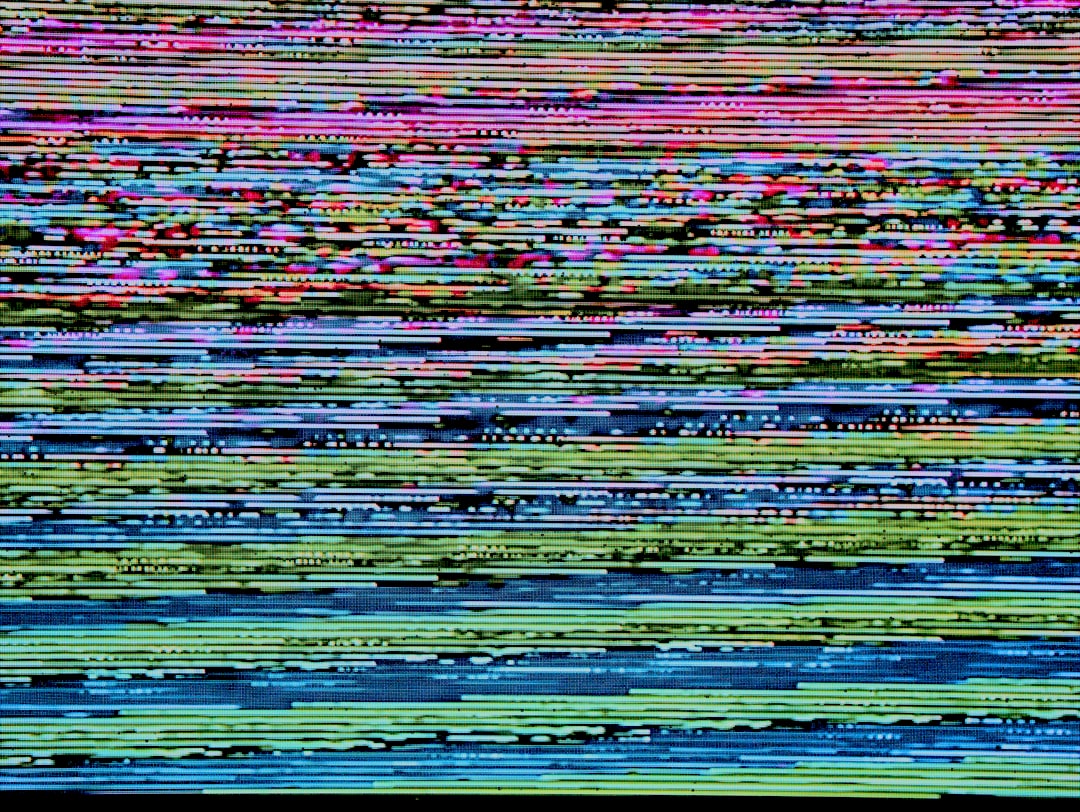Two conceptions of politics
A manuscript political devotion, part 2
“What Is Politics?” is a sample devotion from the manuscript of my book series, Political Devotions, that inspires this Substack. This is the second post in “What Is Politics?” To read that devotion’s other posts, click its subtitle’s p/d number: 1, 2, 3, 4, and 5.
Speaking, perhaps, for his contemporaries in the Resistance, the French literary critic Roland Barthes distinguishes two conceptions of politics. His affection for one seems to be equaled only by his aversion to the other.
One conception of politics is, for Barthes, “a fundamental order of history, of thought, of everything that is done, and said. It’s the very dimension of the real.”1
In equating politics with what is “done, and said,” Barthes echoes Arendt’s understanding of public happiness—her account, for instance, of the French Resistance conducting the affairs of the country “in deed and word.” Arendt believes that politics is where people in a community act on issues, and speak about issues, that concern their community.
Barthes’s other conception of politics is the only kind of politics familiar to most people: “It’s the moment,” Barthes says, “when the political changes into the same old story, the discourse of repetition.”2 The story is told, but it isn’t our story. The story slowly takes on a death of its own.
Arendt describes the same devolution of politics. While Barthes speaks in terms of repetitive stories, though, Arendt speaks in terms of repetitive processes—ruinous “automatism” that “is inherent in all processes”:
It is in the nature of the automatic processes to which man is subject, but within and against which he can assert himself through action, that they can only spell ruin to human life. . . . The historical sciences know only too well such cases of petrified and hopelessly declining civilizations where doom seems foreordained . . .
Arendt describes processes that can “creep on for centuries” and “even occupy by far the largest space in recorded history.”3
Israel’s prophets speak of automatic processes, too, and of the people who deny the agency of God and his people to change them. Jeremiah quotes those who deny God’s agency: God “does not matter.”4 Zephaniah quotes those “who say to themselves, ‘The Lord will do nothing, neither good nor bad.’”5 Walter Brueggemann quotes both verses, concluding that “it is characteristically the powerful and the affluent—that is, the autonomous—who dare the claim.”6
The good stories, Brueggemann says, counter these autonomous claims: Israel’s tradition, like true politics, is a “story that could not be told without agency.”7 The agency is divine and human:
The common good, so the tradition attests, requires divine resolve and legitimation, and bold human agency.
Brueggemann finds this resolve and agency in the exodus story: God speaks and acts, but he insists that Moses and Israel speak and act, too.8 God and people act to interrupt Pharaoh’s generations-long automatic processes.
This is the second of five posts that make up the devotion “What Is Politics?” Click here to read the devotion’s next post.

Barthes, Grain of the Voice, 218.
Barthes, 218. Political theorist Sheldon S. Wolin makes a similar distinction: “I shall take the political to be an expression of the idea that a free society composed of diversities can nonetheless enjoy moments of commonality when, through public deliberations, collective power is used to promote or protect the well-being of the collectivity. Politics refers to the legitimized and public contestation, primarily by organized and unequal social powers, over access to the resources available to the public authorities of the collectivity.” Wolin, “Fugitive Democracy,” 100 (italics in the original).
Arendt, Between Past and Future, 167. Wolin makes the same pessimistic remark about the temporal dominance of “politics” over “the political”: “Politics is continuous, ceaseless, and endless. In contrast the political is episodic, rare.” Wolin, 100.
Jeremiah 5:12 REB.
Zephaniah 1:12 REB.
Brueggemann, God, Neighbor, Empire, 28-29.
Brueggemann, 29.
Brueggemann, 32.


